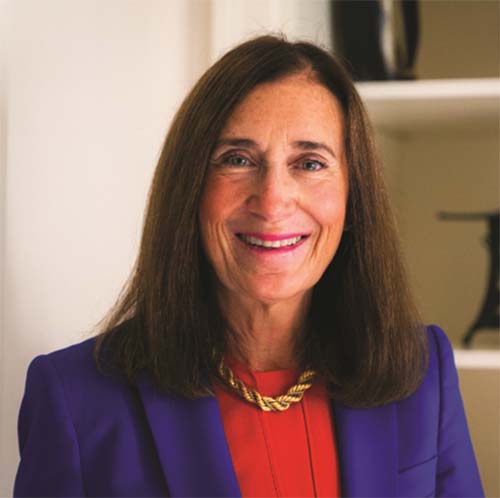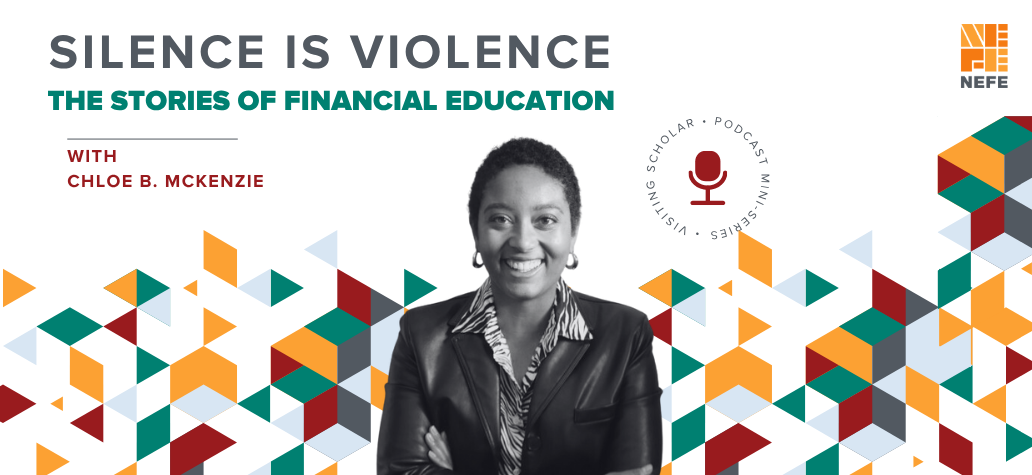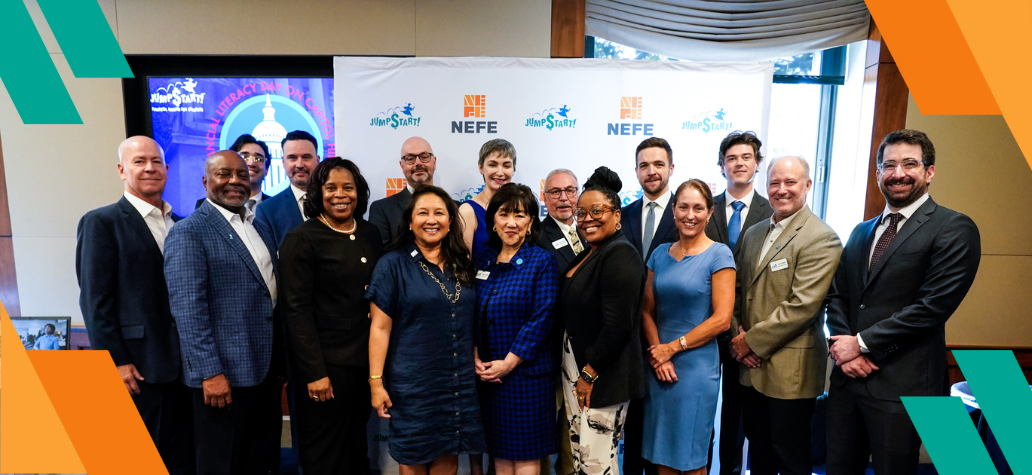Focus on FinEd: The Policy Convenings Podcast - Episode Four
In general, the more financially capable an individual is, the more likely they are to contribute to the tax base and their community overall. However, how can leaders find the best ways to assist their constituencies? Dr. Billy Hensley provides introductory remarks and host Raven Newberry interviews Massachusetts’ State Treasurer Deborah Goldberg and Deputy Treasurer Alayna Van Tassel, who provide perspectives of policymakers, examples of initiatives they spearheaded in their state and the benefits of replicating them in other states.
Topics we cover in this episode
- How Massachusetts created new programs and a department focused on economic empowerment.
- How Massachusetts approached K-12 financial education mandate legislation.
- Using existing curriculum to push financial education in unique ways.
- The benefits of using mainstream topics (homeownership, student debt, etc.) to help illustrate the need for financial education.
On how to communicate the importance in financial education through policy initiatives…
“At every contact point that we have, we feel that providing financial understanding is a critical component of everything we do in our office.” [Goldberg, 7:04]
On the issue of determining who needs financial education vs. who gets it…
“The unevenness is not surprising. More affluent communities have the capacity. Communities who probably need it even more have almost no capacity.” [Goldberg, 9:27]
On what needs to be included in financial education policy…
“The missing element on many programs that are out there is the inclusion and the understanding of how financial literacy and financial education needs to be part-and-parcel of everything.” [Goldberg, 13:40]
On advice for financial education advocates…
“[Financial education] is an issue that many people do care passionately about, so if you get the word out there that you are trying to make change in your city or your state, my guess is that you are going to find people that want to help you and help move the ball down the field.” [Van Tassel, 34:25]




